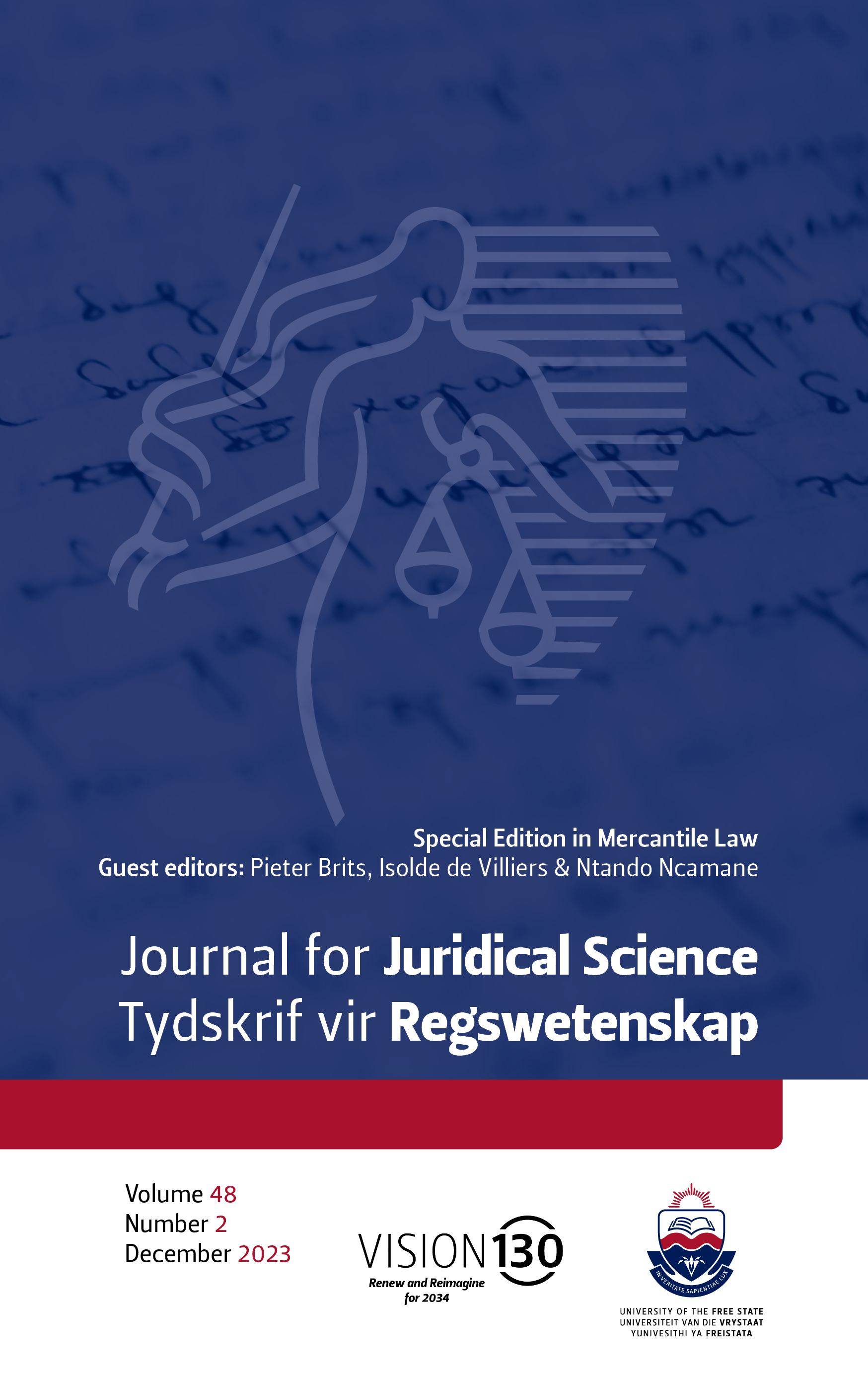The legislative regulation of sexual misconduct by educators in South African public schools
DOI:
https://doi.org/10.38140/jjs.v48i2.7914Abstract
This article explores the impact of education legislation on the failure to adequately address sexual misconduct by educators toward learners in South African public schools. The Employment of Educators Act 76 of 1998 is the central piece of legislation regulating the employment of departmental educators. Secs. 17
and 18 of the EEA are analysed with reference to 48 arbitration awards issued by the Education Labour Relations Council. Three shortcomings are identified. First, the EEA describes the types of misconduct with which educators may be charged, but makes a distinction between “serious misconduct” listed in sec.
17 (which attracts mandatory dismissal) and “misconduct” in sec. 18 (where dismissal is discretionary). The only two types of sexual misconduct expressly listed in sec. 17 of the EEA are sexual assault and sexual relationships with learners. Relevant arbitration awards show that other types of sexual misconduct encountered in public schools are often as serious. Secondly, the failure to expressly mention more types of sexual misconduct in the EEA (for example, sexual harassment and sexual grooming) often results in charges against educators based on catch-all provisions in the EEA such as “improper conduct”. This sanitises the seriousness and high incidence of certain types of sexual misconduct. In turn, it has two detrimental effects on the effective management of
sexual misconduct. Educators who are guilty of the types of sexual misconduct omitted from the EEA are not always dismissed. It also prevents proper recording and recognition of the systemic nature of specific types of sexual misconduct. Thirdly, sec. 18(3) of the EEA provides for a range of sanctions (notably fines) between a final warning and dismissal, and for the imposition of a combination of sanctions short of dismissal. This results in educators not being
dismissed, despite being guilty of serious sexual misconduct. The article argues for the express inclusion and description – in sec. 17 of the EEA – of a broader range of types of sexual misconduct often encountered in schools and for a change in approach to how sanction for misconduct is regulated by sec. 18(3) of the EEA. This will assist role players in correctly identifying the types of sexual misconduct involved, will lead to more consistent and appropriate charges against offenders, will result in more appropriate (and serious) sanctions imposed, and will provide clarity about the incidence of different types of educator sexual misconduct as the basis for further policy responses.
Downloads
##submission.downloads##
Published
Issue
Section
License
Copyright (c) 2023 Cecile de Villiers; CJ Garbers

This work is licensed under a Creative Commons Attribution 4.0 International License.




